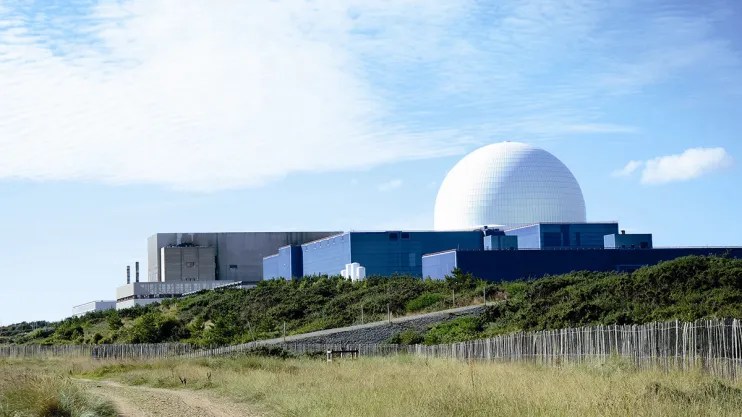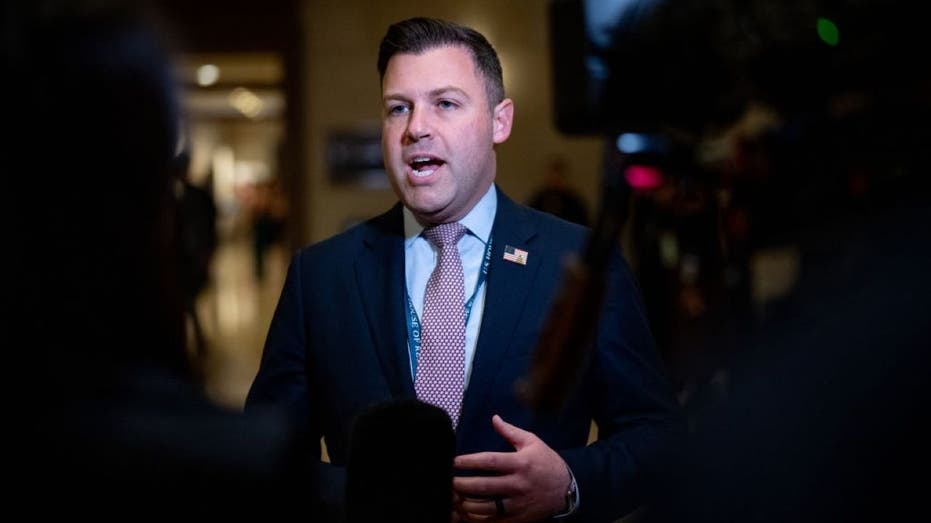Sizewell C: UK and France-owned EDF look to raise £20bn for Suffolk nuclear site
They hope to raise the money by the end of 2024, the energy minister responsible for the sector told the Financial Times.


The UK government and EDF energy has announced its bid to raise £20bn for an extension to EDF’s nuclear facility in Suffolk.
The British government and the French-owned energy company EDF plan to build the UK’s second-largest power station, Sizewell C, on the Suffolk site.
They hope to raise the money by the end of 2024, the energy minister responsible for the sector told the Financial Times.
Ministers approved the construction of the building in 2022 after a decade of consultations. It is expected to take a further decade to build, although delays and high costs at sister plant Hinkley Point C suggest that it may take even longer.
“It’s a phenomenal sum of money but we are genuinely very pleased and very positive about the reaction we have had through the capital-raising process so far,” Andrew Bowie told the Financial Times. “We are very much on track.”
The UK government has already committed £1.2bn to the project, while a UAE sovereign wealth fund is among several potential investors.
On Thursday, the UK government launched its £300m civil nuclear road map in the “biggest expansion of nuclear power for 70 years”, which restates its aim to build up the UK’s supply of nuclear energy to 24GW by 2024.
This will allow the UK to cover about a quarter of its energy needs through nuclear energy by 2050, compared with about 15 per cent today.
The government aims to complete this goal through a combination of large-scale reactors and miniaturised power stations, according to the FT.
“Nuclear is the perfect antidote to the energy challenges facing Britain – it’s green, cheaper in the long term and will ensure the UK’s energy security for the long-term,” Prime Minister Rishi Sunak said.
“This is the right long-term decision and is the next step in our commitment to nuclear power, which puts us on course to achieve net zero by 2050 in a measured and sustainable way,” he added.



